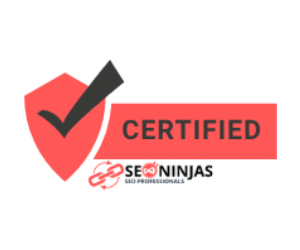Smart communication goes beyond mere exchange of words; it involves understanding nuances, adapting to various contexts, and fostering meaningful connections. Whether you’re interacting with colleagues, clients, or loved ones, mastering smart communication can enhance relationships and drive success. Here are some strategies to help you communicate more effectively:
- Active Listening: Practice active listening by giving your full attention to the speaker, maintaining eye contact, and demonstrating empathy and understanding. Avoid interrupting and focus on comprehending the speaker’s message before formulating your response.
- Clarity and Conciseness: Communicate your message clearly and concisely to avoid misunderstandings. Use simple language, organize your thoughts logically, and get to the point without unnecessary jargon or ambiguity.
- Adaptability: Adapt your communication style to suit the preferences and needs of your audience. Tailor your approach based on factors such as personality, cultural background, and communication preferences to foster rapport and connection.
- Emotional Intelligence: Develop emotional intelligence to navigate interpersonal dynamics and manage conflicts effectively. Recognize and regulate your emotions, empathize with others’ perspectives, and respond with sensitivity and tact.
- Nonverbal Cues: Pay attention to nonverbal cues such as body language, facial expressions, and tone of voice, as they convey valuable information about the speaker’s emotions and intentions. Align your nonverbal communication with your verbal message to enhance clarity and authenticity.
- Constructive Feedback: Provide constructive feedback in a respectful and constructive manner, focusing on specific behaviors and outcomes rather than personal attributes. Offer praise for strengths and suggestions for improvement to encourage growth and development.
- Empowerment: Empower others to express their thoughts and opinions openly by creating a supportive and inclusive environment. Encourage participation, value diverse perspectives, and foster a culture of open communication and collaboration.
By incorporating these strategies into your communication approach, you can build stronger interpersonal connections, foster collaboration, and achieve greater success in your personal and professional relationships.



Comments are closed, but trackbacks and pingbacks are open.